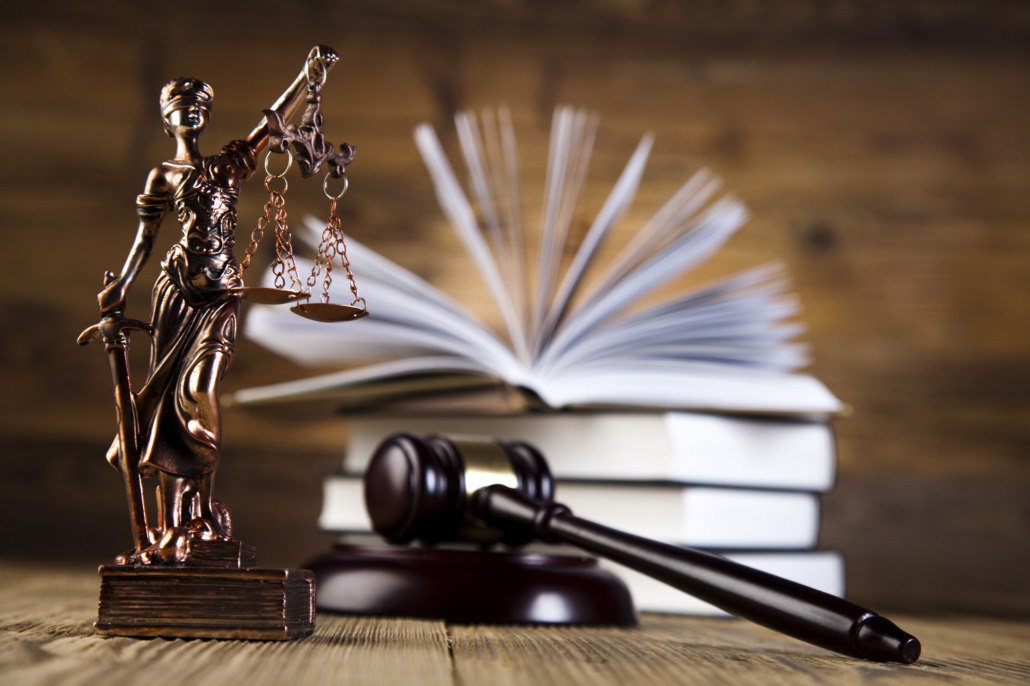Wrongful Death
A will is a document you may or may not have heard of, but it essentially sets forth your wishes for asset distribution and the care of minor children. If you pass away and don’t have a will, then these instructions may not be carried out. It is important to create a will in case of emergency such as a wrongful death. Furthermore, your beneficiaries may have to spend more time, money, and energy handling your affairs while dealing with their own grief too. While there is no singular document that can resolve every potential problem that may arise after your death, a last will and testament is the closest there is. As a wills lawyer explains, here is information about what a will is, and whether you need one.
You may think that you have enough property and assets, but many people realize that they have much more than they originally thought. If you take a look around your home and what is parked outside of it, your list of assets is likely to add up quickly. A will contains your direct wishes for how you want your belongings to be distributed to family, friends, or charity organizations.
If you die without having a will, then the decisions regarding your estate will pass through the hands of court judges or state officials, which can add more stress for your beneficiaries. You can prepare a will yourself, but it may have to be witnessed and signed in a certain way so that it is viewed as legally valid later. Most people prefer to not have the transfer of their assets overseen by the court, so they get help from a legal team, according to our friends from the Law Group of Iowa, to ensure their documents have covered it all.
Having a will written means that your family and friends have an easier and faster time accessing their assets, with minimal interference from the court. With a will, you can also make plans to protect your estate money from taxes. You can help offset estate taxes by gifting to others now and making charitable donations. There are many strategies that can be implemented when establishing an estate plan, so that the person’s estate is as protected as possible. A smooth transition of assets to chosen beneficiaries is the ultimate goal.
So, do you need a will? If you are an adult person, then the answer is yes. Some people think that only the rich and famous with high assets need wills. But the fact is, there are so many reasons to have a will that have nothing to do with a substantial estate. You can have modest assets and still want to ensure they are handed down to people you care about the most. Additionally, through a will you can be clear about who gets what and how much. You can prevent your assets from getting into the hands of those you wouldn’t want, such as ex spouses or estranged relatives. You can appoint someone to be guardian of your minor children or pets, because without a will, the court will decide instead.

